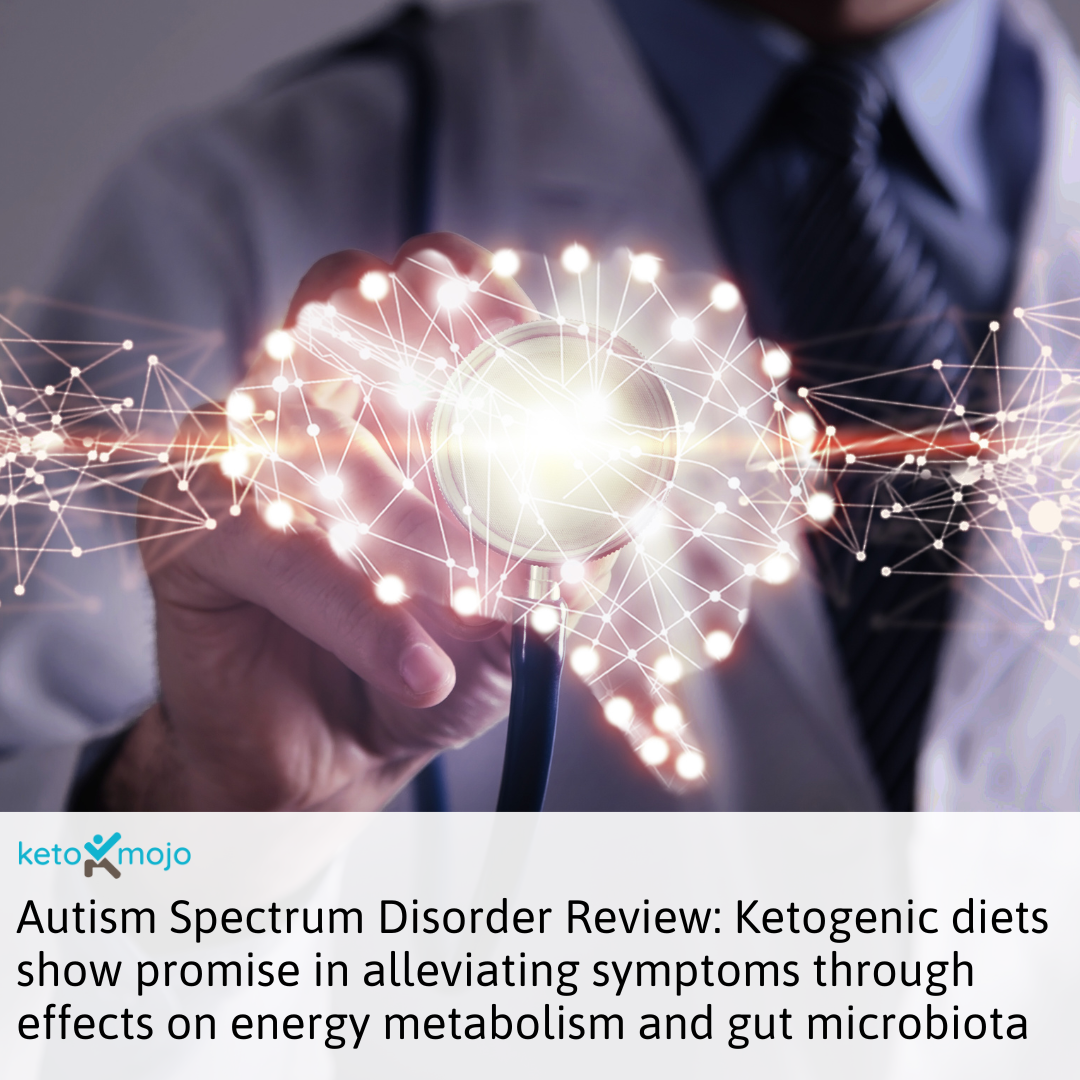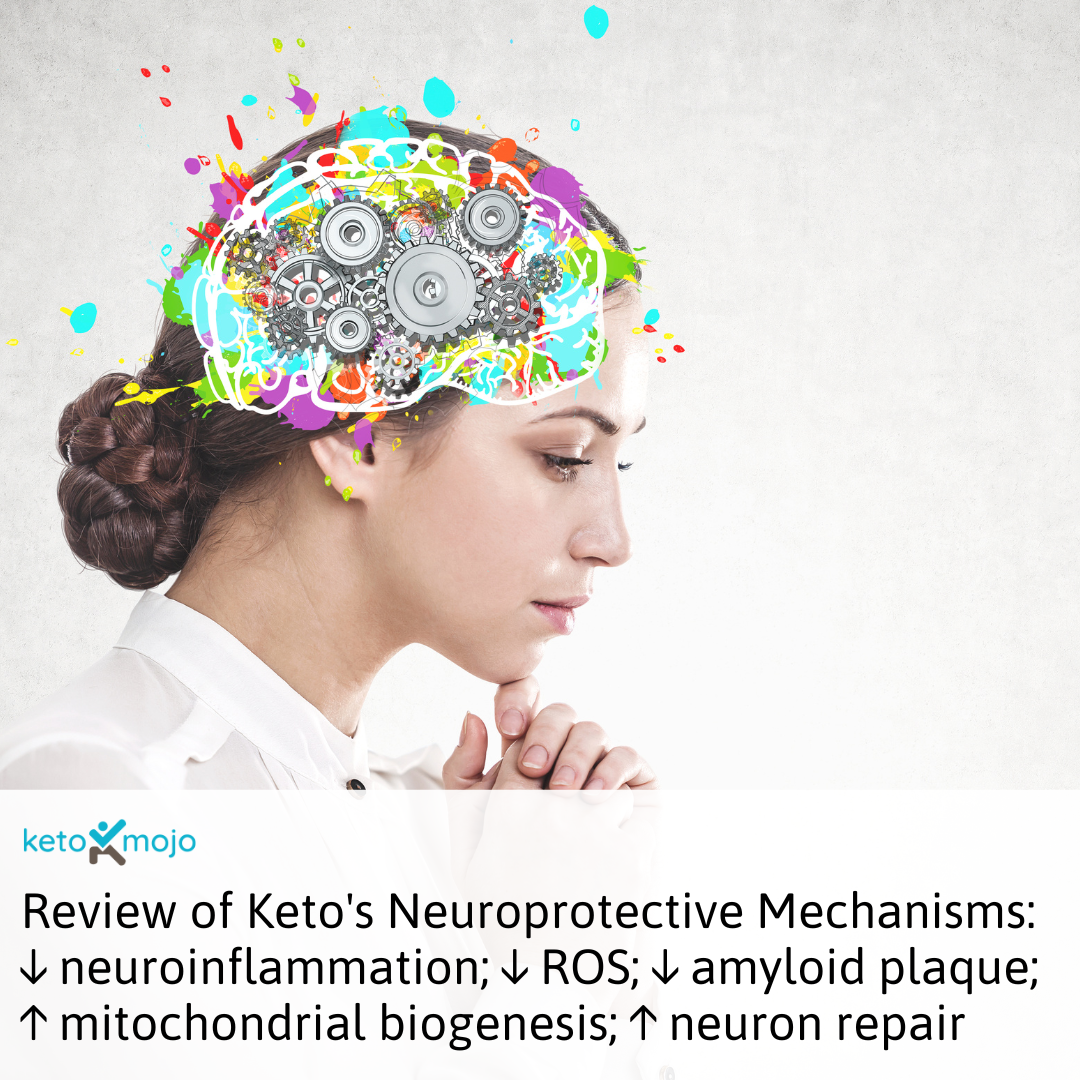Neurology
Diet in treatment of autism spectrum disorders

The concept of using diet to treat diseases dates back to around 400 BC when starvation was utilized to lessen seizures in epilepsy patients. Given the varied symptoms and causes of autism spectrum disorders (ASDs) and the absence of specific effective treatments, this review examines the potential of dietary changes as a therapeutic method for ASD symptoms.
The focus is on Fragile X Syndrome (FXS), the most prevalent monogenic cause of autism, and the most researched dietary intervention, the ketogenic diet, among other dietary approaches. The article also touches upon the role of gut microbiota in relation to pre- and probiotic therapies and suggests areas for future research to understand the mechanisms driving the effectiveness of dietary interventions.
Beyond epilepsy, the ketogenic diet is being explored for treating conditions like Alzheimer’s, ALS, ADHD, and autism due to potential overlapping mechanisms between epilepsy and autism.
Recent animal studies on autism models show the ketogenic diet improved key behavioral symptoms, though effects varied based on sex and genotype. Early human studies suggest similar benefits. The exact mechanism behind the ketogenic diet’s success is unclear, but it may involve restoring energy metabolism. Potential mediators include ketones, fatty acids, and other molecular processes that influence synaptic transmission, oxidative stress, and gut microbiota.
In conclusion, ketogenic diets have effectively treated symptoms like epilepsy, behavioral issues, and social deficits associated with ASDs. Both children with ASDs and rodent models showed improved social behaviors when on the diet. Recent research on Fmr1KO mice also revealed that the diet reduced seizures and influenced activity patterns based on age and gender. The evidence supporting the positive impact of ketogenic diets on ASD symptoms is expanding in both human and animal studies.





